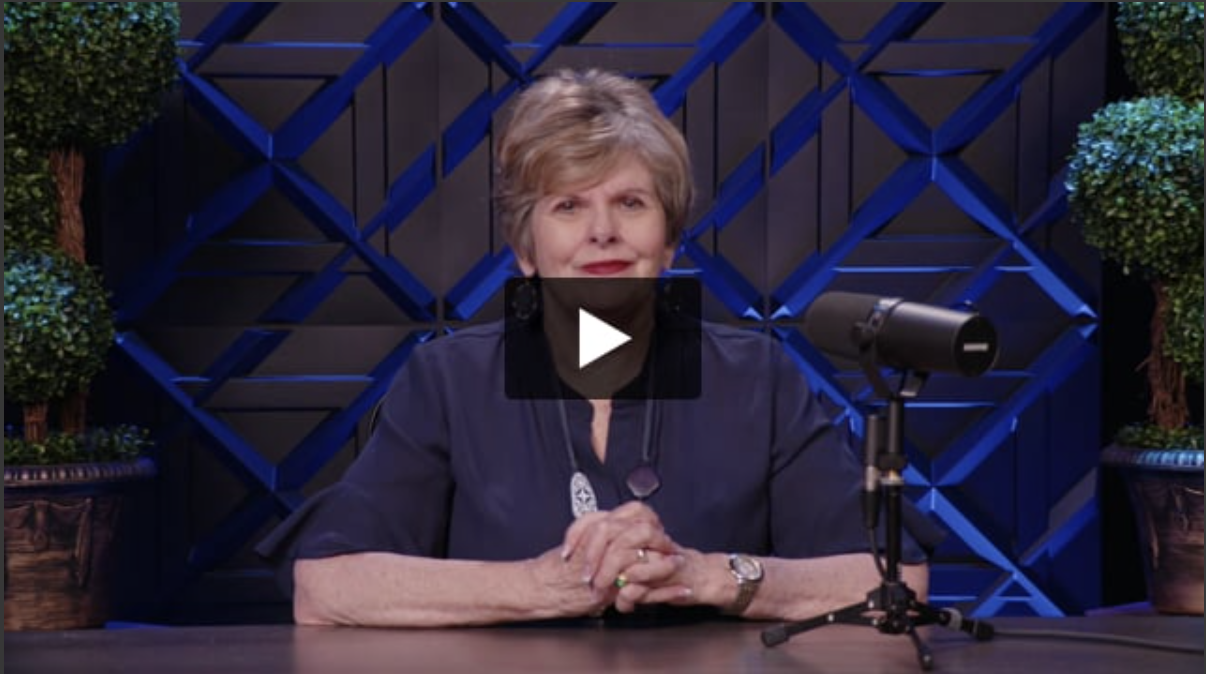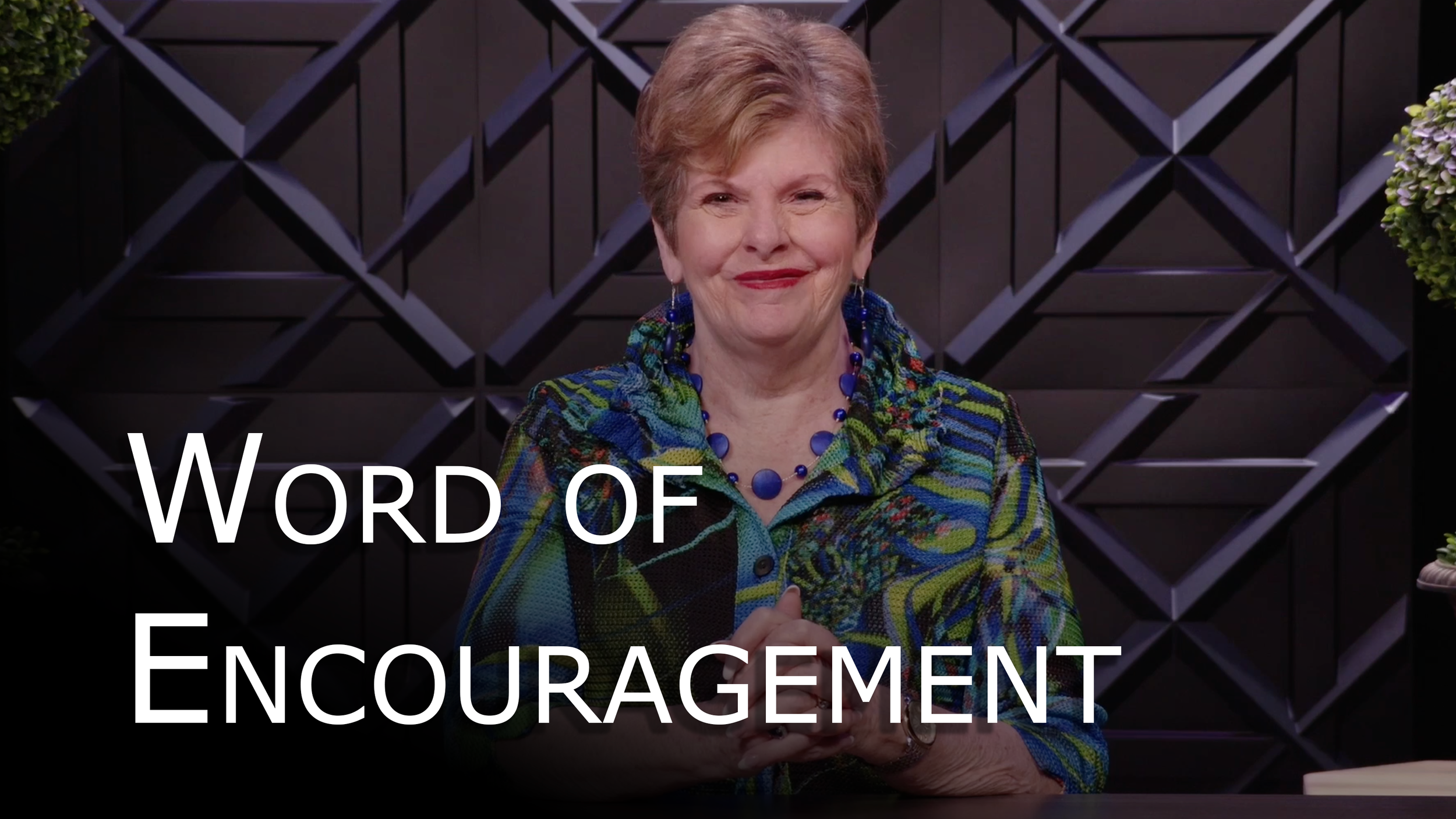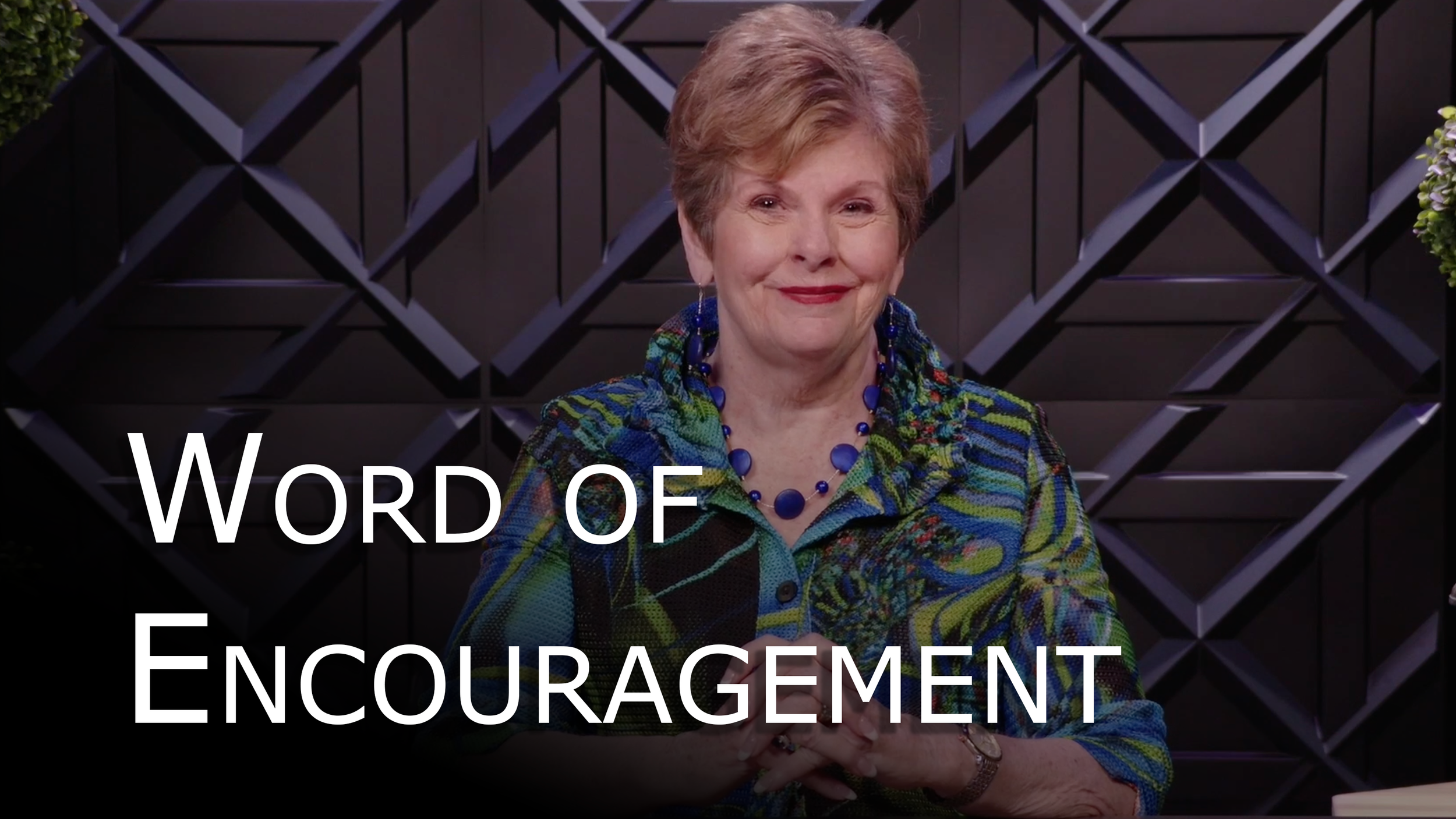One of the most effective ways to experience an increased sensitivity to the voice of God is to develop a lifestyle of fasting. Although it’s not a particularly enjoyable discipline, spending a period of time away from a certain pleasure of life (food in particular) allows us to purposefully deny ourselves to focus on the Lord.
There are many reasons why you might choose to fast—seeking guidance or breakthrough, learning to be disciplined, or simply desiring a deeper connection with God. This act of faith can definitely sharpen our awareness of His presence and our ability to hear more clearly when He speaks.
But is fasting really a requirement for being a follower of Christ? Well, it’s not a commandment, but it is expected. Consider Jesus’ words when speaking to His disciples about fasting:
When you fast, do not look somber as the hypocrites do, for they disfigure their faces to show others they are fasting. Truly I tell you, they have received their reward in full. But when you fast, put oil on your head and wash your face, so that it will not be obvious to others that you are fasting, but only to your Father, who is unseen; and your Father, who sees what is done in secret, will reward you. (Matthew 6:16-18)
I love the principles found in this passage of scripture. Within the first few words, Jesus implies the expectation that, as believers, we will periodically separate ourselves from the world for time to seek the Lord. He also instructs that one of the most important elements for any kind of fasting is humility.
Jesus had an incredible way of drawing out what was deeply embedded in the hearts of men. He knew the true motive of their actions and words, and we must learn from this. Possessing true humility while fasting reveals the intents of our hearts—that the purpose for our fasting is not to show others how spiritual we are, but rather to draw nearer to the Lord so that we can know Him more intimately and hear His voice more clearly.
Effective Fasting
I’m a little embarrassed to admit there are many fasts that I’ve started, but then failed because I gave in to that tempting slice of pizza or ice cream calling to me from the freezer! As I’ve grown in my walk with Christ, however, and understood more deeply the power in fasting, I’ve come to understand some practical tips to fasting that I believe will help you.
1. Start slowly.
It’s not a good idea to attempt a 40-day fast without any previous experience fasting, no matter how sincere we are. One time, I tried to fast for a mere three days without food, and by the morning of the third day, I didn’t even have the energy to get out of bed! I ended up napping most of the afternoon, defeating the real purpose for abstaining from eating. It was then that I learned that a lifestyle of fasting must be developed gradually.
If you have no experience in fasting from food, I’d suggest starting with a single meal. Denying a meal during the day to seek the Lord during that time is just as “spiritual” as fasting for a long period of time. Once your body is used to being without food for a short period of time, try fasting for a day and work your way up from there.
Another way to get started is to try only fasting from certain foods or even going on a juice fast (where one only consumes liquids). This way you can maintain an amount of strength that will help you complete the fast.
2. Understand God’s perspective.
It’s important to understand that God values the heart of His children more than He values their fasting. If you break a fast before it’s ended, the last thing that God wants is for you to feel guilty or full of condemnation. We serve a God who values relationship over legalism (this can be seen in Amos 5), and the fact that we would deny ourselves for more of Him—for any amount of time—overjoys His heart.
3. Be intentional.
It is important to know why you are fasting. Sometimes you might choose to fast because you are wanting deeper intimacy with God or because you are seeking Him over a specific issue. Other times, God might call you to a fast as an act of faith and obedience. But being able to articulate why you are doing it is crucial because it helps you to focus, especially when the fast becomes difficult. In the midst of the discomfort, you can fix your eyes on why it is going to be worth it.
Be Encouraged
If you are in a place in your life where you are struggling to hear God’s voice or are feeling stale in your relationship with Him, I would encourage you to spend some time in fasting and prayer, in expectation that you will encounter His presence and hear from Him. You won’t have any regrets.
Fasting can be really tough. Sometimes you will hear people share stories of miraculously not feeling hungry at all, but more often, seasons of fasting are uncomfortable and challenging. Don’t despair! There is something powerful about denying your flesh and focusing on the needs of your spirit for a season. You will hear God’s voice more clearly, and that gift is worth all the sacrifice.
Recent Posts








